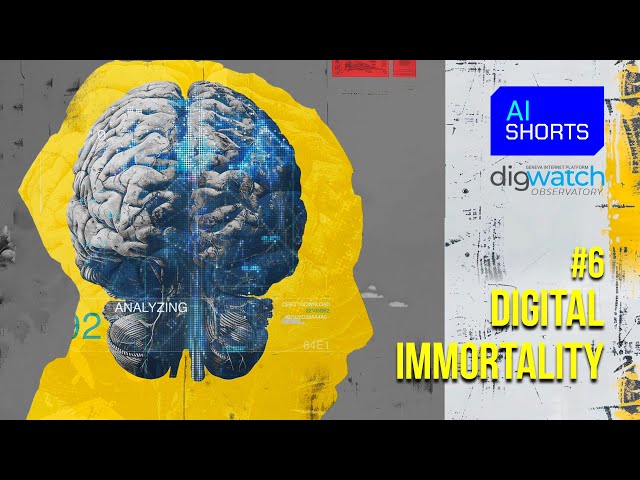Vietnam has taken a significant step into the digital future by legalizing crypto assets through a landmark digital technology law passed by the National Assembly on June 14, 2025. This comprehensive legislation, set to take effect on January 1, 2026, establishes a regulatory framework that categorizes digital assets into virtual or crypto assets, explicitly excluding securities and digital fiat currencies.
The new law mandates the government to develop specific business regulations and oversight mechanisms while enforcing stringent cybersecurity and anti-money laundering standards to align with international expectations. This move not only provides clarity for the burgeoning crypto industry but also demonstrates Vietnam’s commitment to creating a robust digital asset ecosystem.
Beyond crypto regulation, the law highlights Vietnam’s ambition to become a leader in digital technology innovation. It offers extensive incentives for enterprises specializing in artificial intelligence, semiconductor manufacturing, and digital infrastructure, positioning the country as an attractive hub for tech investment.
Recent actions against significant crypto scams underscore Vietnam’s commitment to protecting investors and strengthening the digital asset ecosystem. In February 2025, authorities arrested four individuals behind a fraudulent mining platform that defrauded over 200 victims. Similarly, in December 2024, Hanoi police dismantled a scam involving the fake Quantum Financial System cryptocurrency, which had stolen over $1 million.
These efforts to combat crypto-related fraud, coupled with the new regulatory framework, signal Vietnam’s proactive approach to managing the risks and opportunities presented by digital assets. As the country moves forward with its digital transformation, the balance between innovation and regulation will be crucial in shaping its position in the global tech landscape.
Related Developments in Crypto and Tech
The global crypto and tech landscape continues to evolve rapidly. Recent developments include OpenAI rejecting Robinhood’s token offering, the introduction of Bitcoin-backed life insurance in Russia, and a significant bank breach in Brazil where hackers stole $180 million. These incidents highlight the ongoing challenges and innovations in the digital asset space.



